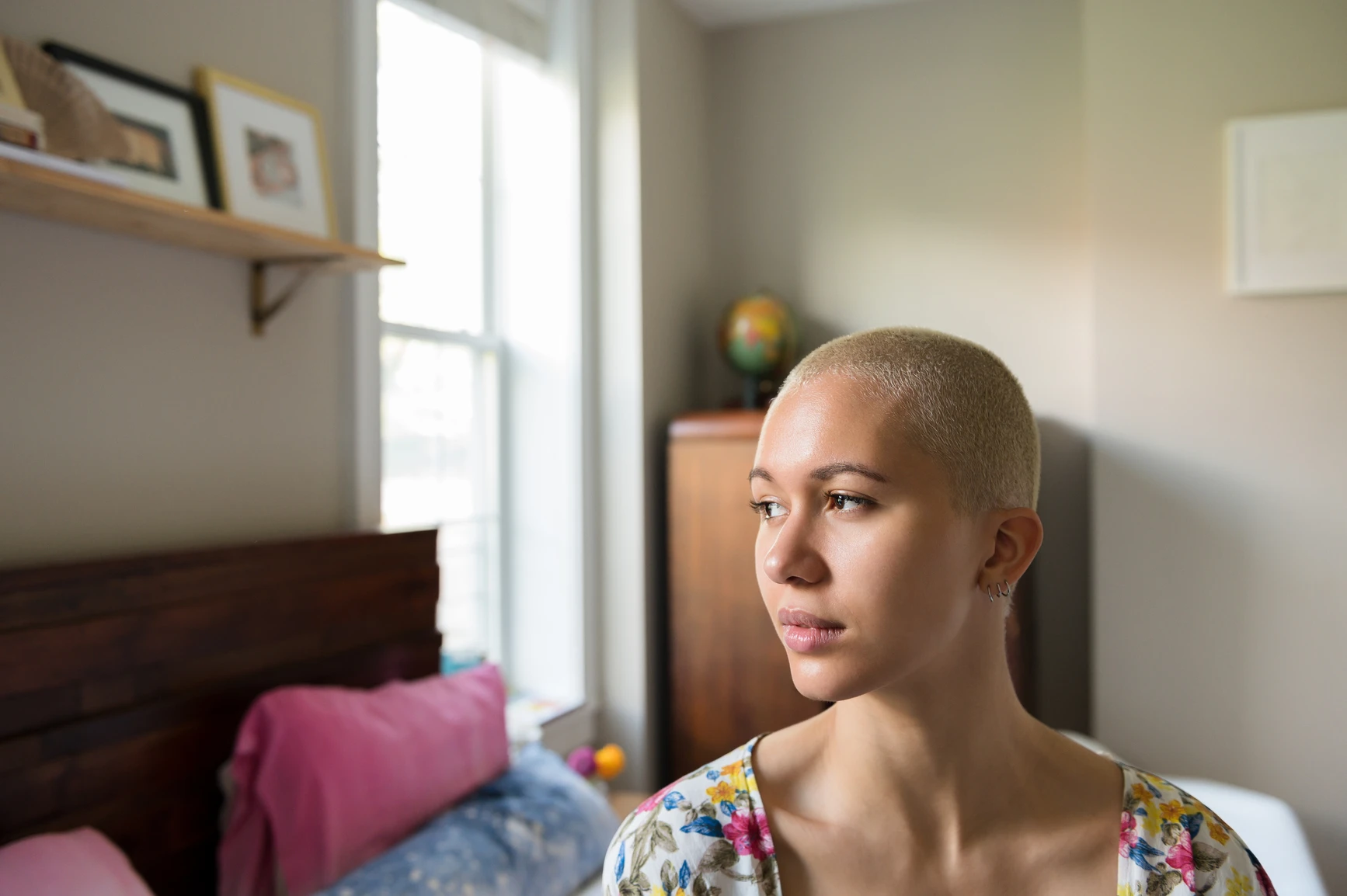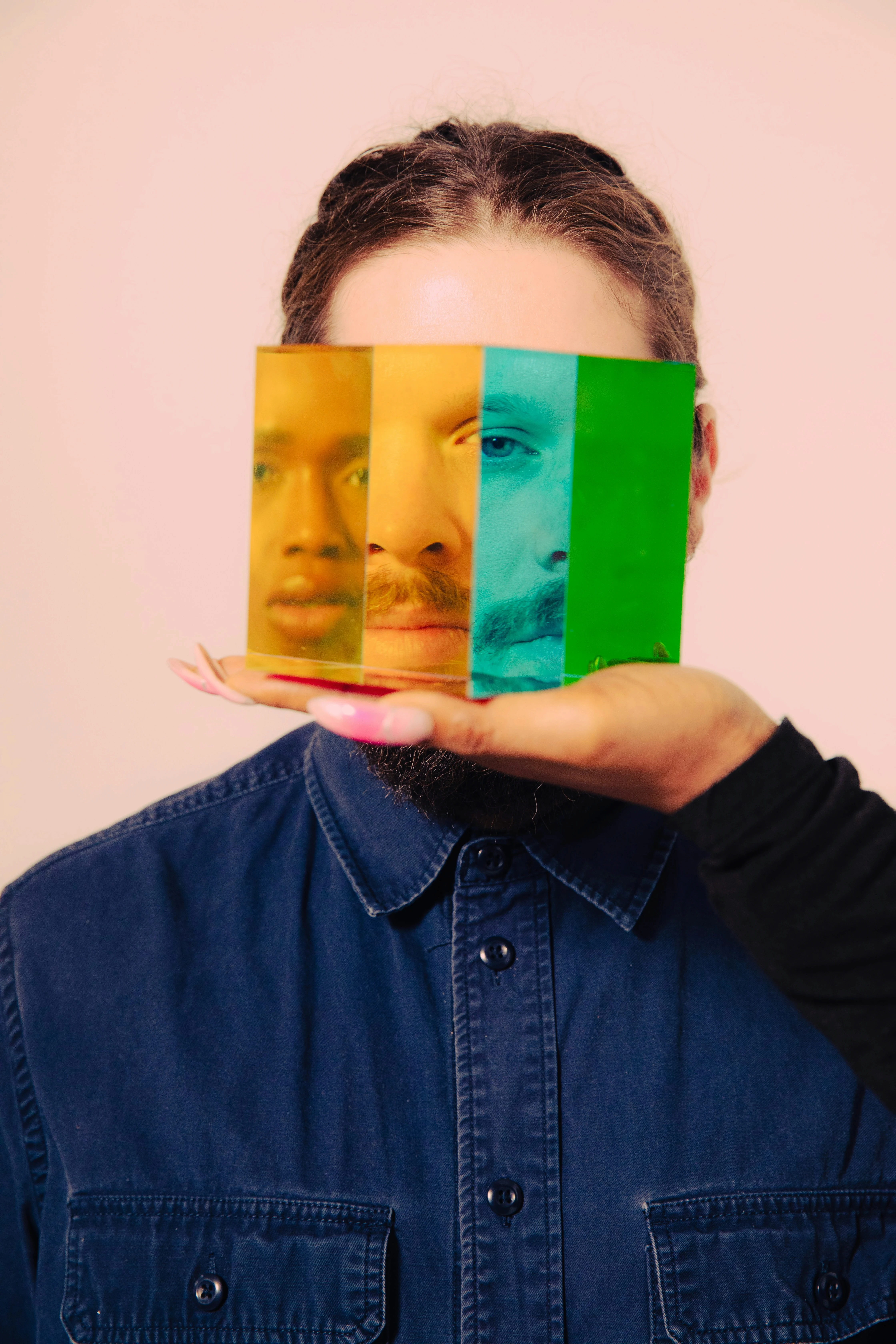LGBTQ+
Healing from Religious Trauma in LGBTQ Therapy
Expansive Therapy
Religious trauma can be a heavy burden to carry for LGBTQ folks. The clash between religious teachings and your identity may have left you feeling lost, unworthy, and disconnected. In LGBTQ therapy, our goal is to join you empathetically as you navigate through these challenges towards a place of self-acceptance, resilience, and inner peace.
Understanding Religious Trauma
If you grew up as an LGBTQ person within a religious environment, it's likely that you experienced distressing events within your religious community, leaving emotional scars that are hard to heal. These may have been major events, or a collection of smaller events that leave a similar, lasting mark. The teachings that condemned or stigmatized your identity may have led to feelings of shame, guilt, and self-rejection. It's common to carry these burdens, but they don't have to define you or dictate your path forward.
LGBTQ Therapy
Seeking help can be daunting, especially when you fear judgment or rejection from those around you. In LGBTQ therapy, we understand the complexities of your journey, and many of us have gone through something similar. We provide a compassionate and affirming space where you can explore your beliefs, reconcile conflicts, and take steps towards healing, free from fear or shame.
Approaches to Healing
Your healing journey is unique, and we're here to support you every step of the way. Together, we'll explore various approaches tailored to your needs:
Cultivating self-compassion: Through mindfulness and emotional processing with a supported other, you can learn to embrace your identity with love and acceptance, nurturing a sense of inner peace and worthiness.
Challenging religious narratives: It's okay to question beliefs that no longer serve you. Together, we'll examine harmful teachings and reinterpret your faith in a way that aligns with your values and identity, empowering you to find your own spiritual path.
Building resilience: Life may throw challenges your way, but you're stronger than you think. Through emotional processing, relational strength building, cognitive tools, and boundary-setting techniques, you'll learn to navigate setbacks with grace and resilience, reclaiming control over your well-being.
Fostering community support: You're not alone on this journey. LGBTQ therapy tries to extend beyond the therapy room and connect you with affirming LGBTQ and religious communities where you can find solidarity, support, and understanding.
Integrating spirituality: Your spirituality is a source of strength and connection. Let's explore spiritual practices that resonate with you, such as prayer or meditation, fostering a sense of peace and transcendence that transcends religious trauma.
LGBTQ people have been through a lot, and religion is just one piece of the puzzle, but for many of us it's a big piece. Therapy is a great place to get it all out of your head and start to work with your inner conflicts and negative beliefs. Together, we'll navigate through the wounds of religious trauma towards a place of authenticity, empowerment, and wholeness. You are worthy of love, acceptance, and belonging, and we're here to help you find your way back to yourself.
Want more content like this?
Join our mailing list
Book Your Intro Session With A Therapist
Find A therapist











